901752
N-(tert-Butyl)-4′-((6-iodo-4-oxo-2-propylquinazolin-3(4H)-yl)methyl)-[1,1′-biphenyl]-2-sulfonamide
Synonym(s):
Aryl halide chemistry informer library compound X15
Sign Into View Organizational & Contract Pricing
All Photos(2)
About This Item
Empirical Formula (Hill Notation):
C28H30IN3O3S
CAS Number:
Molecular Weight:
615.53
UNSPSC Code:
12352111
NACRES:
NA.22
Recommended Products
form
powder
mp
239-243 °C
functional group
amine
iodo
Application
This product is Informer compound X15 of the Aryl Halide Chemistry Informer Library developed by chemists at Merck & Co., Inc., Kenilworth, NJ, U.S., which contains 18 drug-like molecules representative of those encountered in complex synthesis. By screening a new reaction against the informer library, chemists can directly compare and analyse a reaction′s successes and shortcomings among different methods and various research teams. It may also be used to facilitate deeper method development for performance or utility.
Caution
Not fully tested.
related product
Product No.
Description
Pricing
Storage Class Code
11 - Combustible Solids
WGK
WGK 3
Flash Point(F)
Not applicable
Flash Point(C)
Not applicable
Choose from one of the most recent versions:
Certificates of Analysis (COA)
Lot/Batch Number
Sorry, we don't have COAs for this product available online at this time.
If you need assistance, please contact Customer Support.
Already Own This Product?
Find documentation for the products that you have recently purchased in the Document Library.
Emily B Corcoran et al.
Science (New York, N.Y.), 353(6296), 279-283 (2016-06-25)
Over the past two decades, there have been major developments in transition metal-catalyzed aminations of aryl halides to form anilines, a common structure found in drug agents, natural product isolates, and fine chemicals. Many of these approaches have enabled highly
Alexander Buitrago Santanilla et al.
Science (New York, N.Y.), 347(6217), 49-53 (2015-01-03)
At the forefront of new synthetic endeavors, such as drug discovery or natural product synthesis, large quantities of material are rarely available and timelines are tight. A miniaturized automation platform enabling high-throughput experimentation for synthetic route scouting to identify conditions
Peter S Kutchukian et al.
Chemical science, 7(4), 2604-2613 (2016-04-21)
Major new advances in synthetic chemistry methods are typically reported using simple, non-standardized reaction substrates, and reaction failures are rarely documented. This makes the evaluation and choice of a synthetic method difficult. We report a standardized complex molecule diagnostic approach
Our team of scientists has experience in all areas of research including Life Science, Material Science, Chemical Synthesis, Chromatography, Analytical and many others.
Contact Technical Service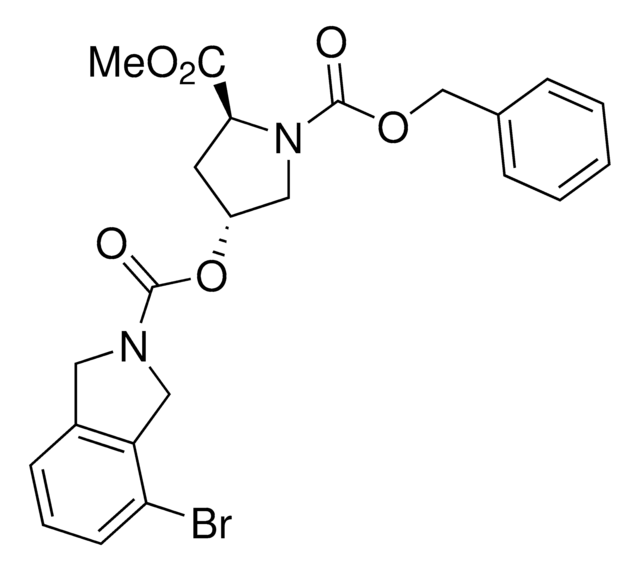
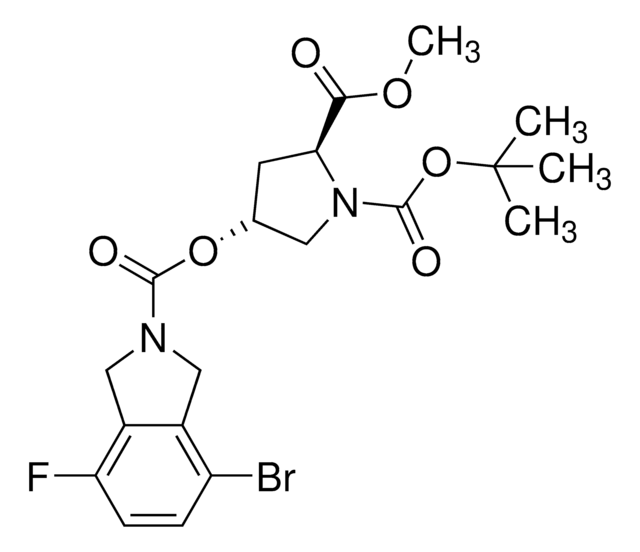
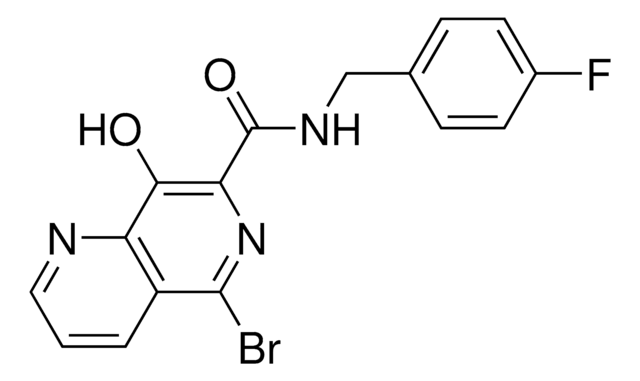
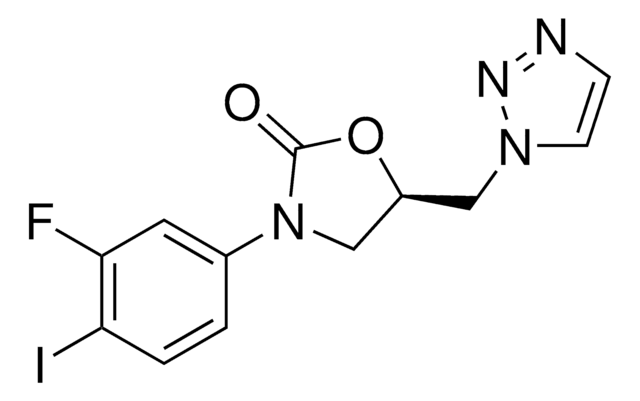
![tert-Butyl (R)-3-(2-acetamidopropan-2-yl)-6-chloro-5-methyl-2,3-dihydrospiro[indene-1,4′-piperidine]-1′-carboxylate](/deepweb/assets/sigmaaldrich/product/structures/719/283/e2c466e0-b4df-4961-9844-bfffbe187f3e/640/e2c466e0-b4df-4961-9844-bfffbe187f3e.png)
![(R)-2-(5-Bromo-4-(4-chlorobenzyl)-7-fluoro-1,2,3,4-tetrahydrocyclopenta[b]indol-3-yl)acetic acid](/deepweb/assets/sigmaaldrich/product/structures/321/793/9c59bf88-c483-4a85-a559-53ba29e916d1/640/9c59bf88-c483-4a85-a559-53ba29e916d1.png)

![Ethyl 4-(3-bromo-8-chloro-5,6-dihydro-11H-benzo[5,6]cyclohepta[1,2-b]pyridin-11-ylidene)piperidine-1-carboxylate](/deepweb/assets/sigmaaldrich/product/structures/349/002/3249ae41-d996-456a-8015-564b1d0a7cd2/640/3249ae41-d996-456a-8015-564b1d0a7cd2.png)
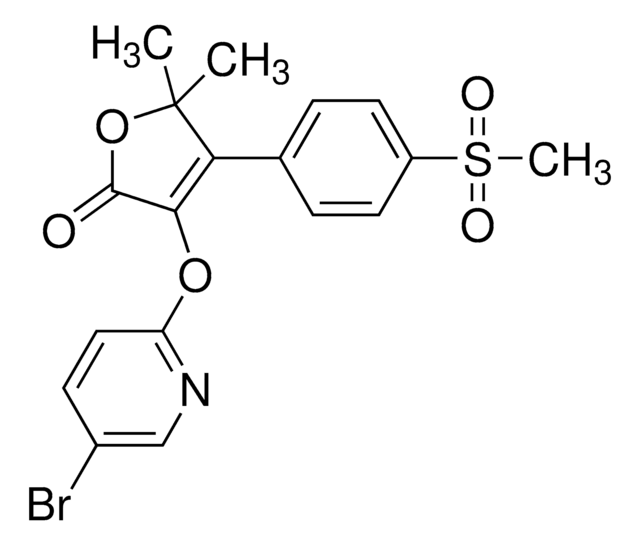
![Methyl 2-(9-bromo-2,3-dioxo-2,3,6,7-tetrahydro-1H,5H-pyrido[1,2,3-de]quinoxalin-5-yl)acetate ≥90%](/deepweb/assets/sigmaaldrich/product/structures/955/217/e6cb560d-1177-4dc4-b686-7c790e13f1f4/640/e6cb560d-1177-4dc4-b686-7c790e13f1f4.png)